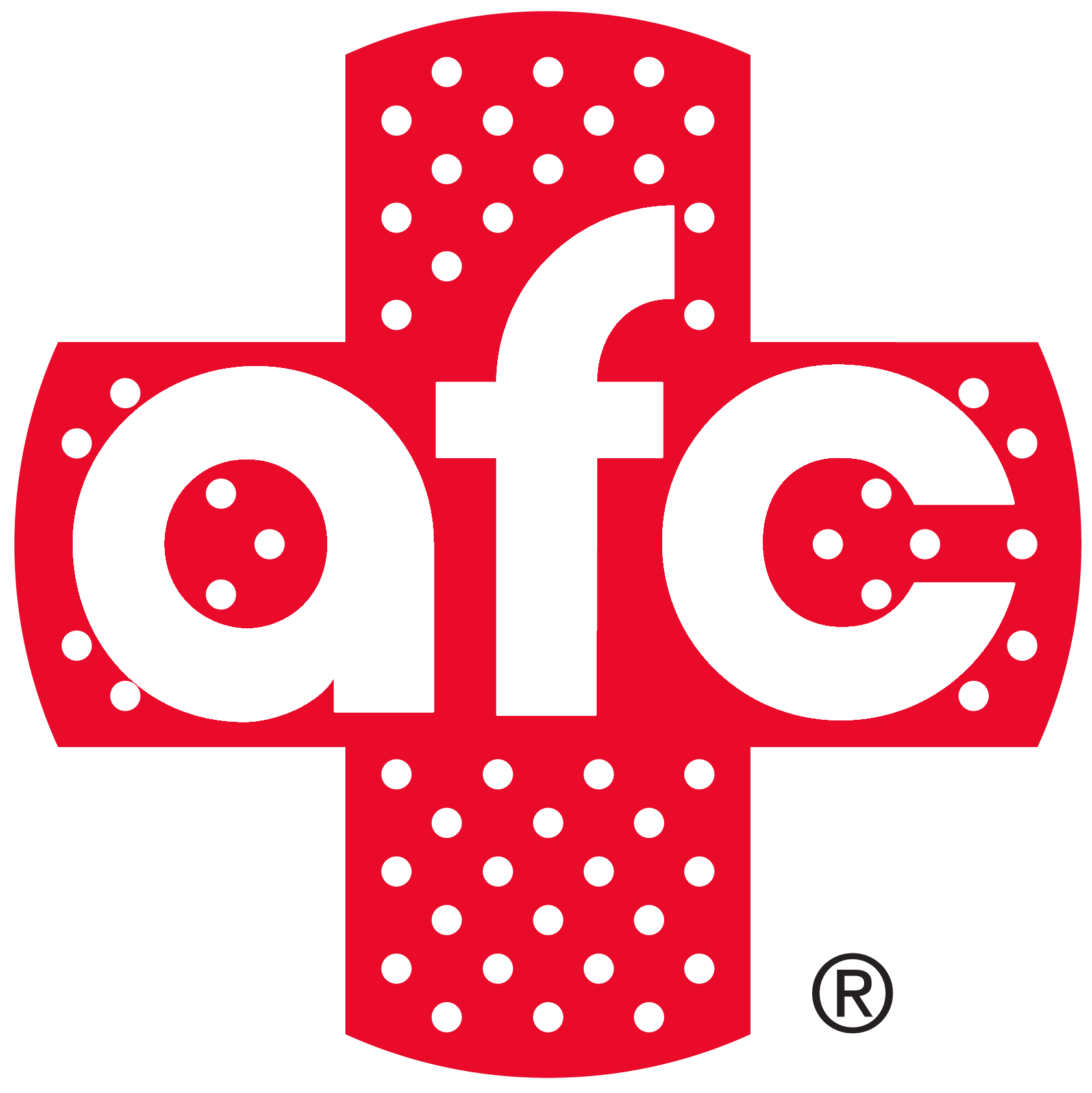Now Open M-F 7:30 am to 8:00 pm and Sa/Su 8:00 am to 5:00 pm
Find The Location Nearest Covid-19 Testing
We think you’re located in zip code 28704. Not Right?
$35 Sports Physicals for Middle School Students
Pre-Register NowWalk-in School & Sports Physicals | AFC Urgent Care Arden
Sports season is almost here, so swing by AFC Urgent Care Arden today for your school sports physical! We’re open every day of the week – no appointment needed.
What to Know Before Your Physical
Before getting a sports physical, it is important to be aware of any current medical conditions or injuries you have, as well as any medications you are taking. AFC Urgent Care requires *history of immunizations and any relevant medical records. Be prepared to discuss your physical activity level and any concerns you may have about your health or ability to participate in your upcoming sport. If you have any heart problems, we require proper documentation from your primary care or treating physician that the condition won’t interfere with your physical activity.
*AFC Urgent Care can only verify immunizations administered at our clinics or with appropriate documentation showing your vaccination history.
What is a sports physical?
A sports physical, otherwise known as a Pre-Participation Physical Examination (PPE), is like an exam that people have to take before they start playing competitive sports. Its purpose is to check their health and fitness and also to make sure there aren’t any health risks that could get worse from playing sports. A sports physical typically entails an overview of your medical history and a physical examination with a series of tests, like blood pressure and heart rate measurements, vision and hearing tests and strength and flexibility assessments. The results are used to determine whether you can participate in sports and recognize any precautions or restrictions that may be necessary.
What’s involved in a Sports Physical?
A sports physical generally consists of two main parts: reviewing medical history and conducting a physical examination.
Medical History
The medical history portion of the exam involves answering questions concerning any previous or existing medical conditions, medications, injuries and other health matters. We will also ask about family health history, lifestyle habits and any other health-related issues. Here are some common topics covered during the medical history portion:
It’s recommended that a parent or guardian be present to help answer medical history questions, as many children may not be aware of or remember their entire medical history. Most health care professionals agree that medical history is the most crucial element of a sports physical.
Physical Examination
The physical exam involves a thorough examination of your body – checking your heart, lungs, eyes, ears and other areas. Your provider will also search for any signs of injury or illness. During the physical part, your doctor will check, test and note various things, including:
The physical assessment is generally the same for both male and female patients; however, the doctor may ask particular questions based on whether your child has begun or completed puberty.
Your provider will also inquire about any drugs, alcohol, or supplements you are taking. This includes questions regarding weight-loss supplements, steroids, and/or performance enhancers, as these can have an effect on health.
Why is it important to get an annual Sports Physical?
It is vital to get a yearly physical for sports in order to spot any new or emerging conditions, as there can be significant changes over the course of one year, particularly for children and adolescents as they mature.
During a sports physical, a medical provider assesses any illnesses or injuries which could potentially jeopardize your overall health by looking over family medical history and running necessary tests. For example, if somebody has asthma, the medical professional may advise an alternate inhaler or modify the dosage based on the sport they are playing and/or their position.Your physician may also advocate for certain strategies to prevent traumas, such as suggesting specific stretching or strengthening exercises that may reduce the risk of injuries.
When should I get a Sports Physical?
It’s a good idea to get your sports physical at least six to eight weeks before your season begins. This lets your medical provider check you out and treat any conditions that might come up in plenty of time before your sports season. Plus, they can refer you to a specialist or do a follow-up, if needed.
Don’t wait until the last minute to get your sports physical, otherwise you might not be cleared to play in time. It’s smart to get your physical done early, so plan ahead.
What if there is a problem after the exam?
Your provider will finish and sign the sports physical exam form once the exam is completed. There are times when they may request additional testing, another examination, or request treatment for any medical issues uncovered during the exam. Your healthcare provider may also recommend specific accommodations, such as utilizing safety gear, having epinephrine injections on hand for outdoor sports or using an inhaler for asthma.
The majority of health concerns will not stop children from participating in sports. However, some athletes may require some form of treatment or follow-up exam before they’re cleared to play. If you or your child require additional care, it’s important to follow through with the prescribed treatment to prevent serious injuries and health concerns.
 How Can We Help?
How Can We Help?
- PATIENT SERVICES
- COVID-19 SERVICES
- TELECARE
- EMPLOYER RESOURCES
- PATIENT RESOURCES
- ABOUT US
AFC Urgent Care FAQs
-
Do you provide other services to meet school and sports requirements?
Yes! AFC offers a wide range of preventive services including vaccinations. And if you or a family member is hurt playing sports, our urgent care service is unrivaled.
-
How long will my school physical take?
We work hard to keep wait times to a minimum, and many people can be in and out of our clinics within 30 minutes.
-
What if I’m on my route and can’t visit my local AFC?
You can stop into any AFC, any time. Check out our list of locations to find the one nearest you.
Q&A You Want to Answer?

Don't wait to get the medical attention you need.
CALL US TODAY | (828) 641-0960


